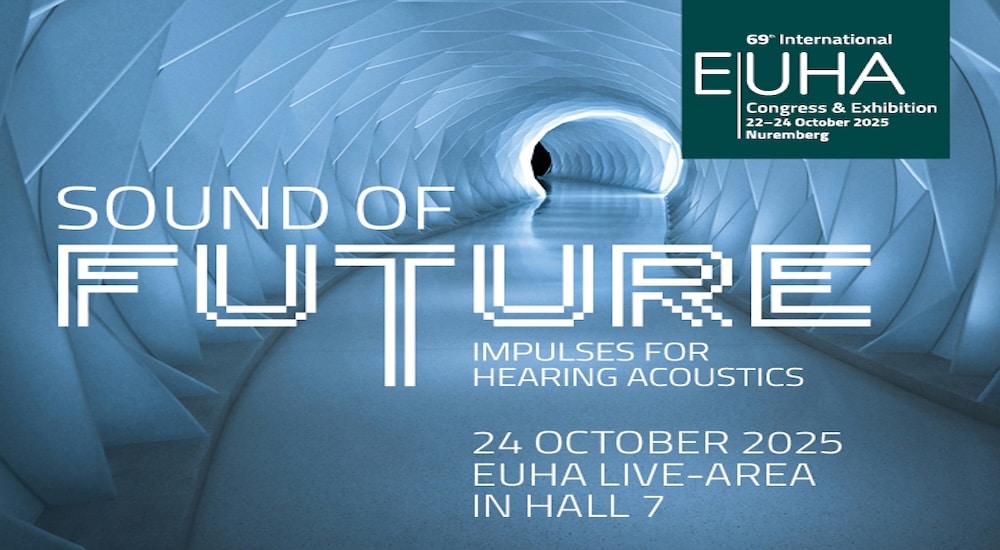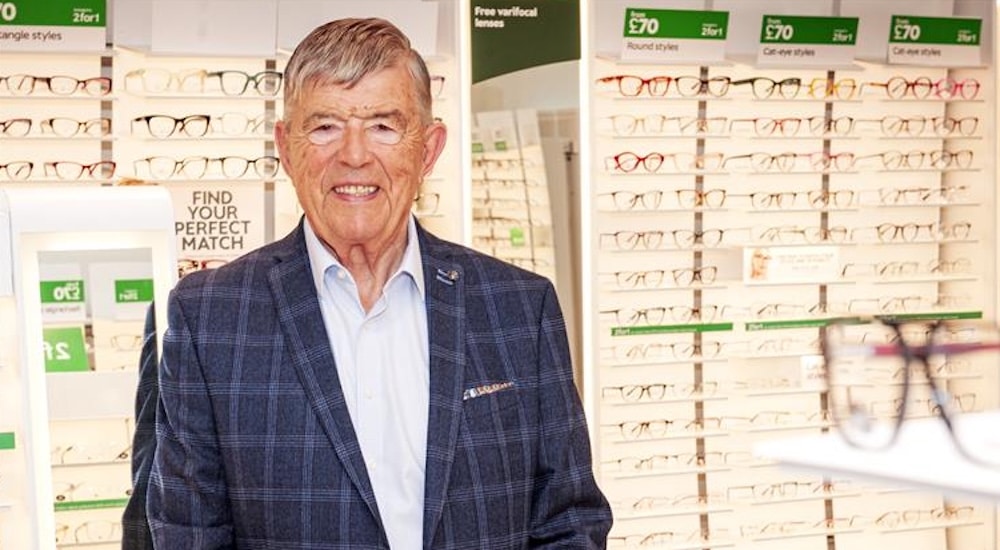Public’s low confidence in primary-care hearing info brings educational kit for GPs
primary care
An audiology education toolkit for GPs is the solution UK medical and hearing health bodies have developed following recent survey results revealing low public confidence in primary care consultations since – and before – the coronavirus crisis.

Prior to the coronavirus outbreak, in early 2020 a survey was conducted by the British Irish Hearing Instrument Manufacturers Association (BIHIMA) of 1000 UK consumers to understand how they accessed hearing loss services via their GPs. The results showed that less than a quarter of UK adults (24%) think their GP provides enough information on hearing care. Despite this, the majority—47% of respondents— said they would go to their GP as the first port of call to find out more information about the association between hearing loss and other health problems. Over half (54%) of those aged 55+ would go to their GP first for this information, whereas those aged 25-34 are most likely to go online first (35%).
Remote puts people off consulting
But a survey following lockdown was carried out by the Royal National Institute for Deaf People (RNID) on people with hearing loss, and more than 70% of respondents said they “did not feel confident that their communication needs would be met during a remote appointment”, with over half admitting they had been “put off” seeking advice from their GP because of remote care, meaning they were at risk of missing out on vital medical care.
Now, in order to help GPs consult effectively with deaf patients and provide training and support around deafness and hearing loss in primary care, an educational toolkit initiative has been announced. Developed by the Royal College of GPs (RGCP) in collaboration with the charity RNID, and NHS England & Improvement, and sponsored by BIHIMA, the toolkit offers resources that include podcasts, an animation awareness video, a GP trainee teaching powerpoint, a GP surgery charter and online learning modules, a screencast, and an RCGP-accredited deaf awareness online course.
“The survey insights reinforced our belief as manufacturers of hearing instruments, that better hearing loss education for GPs is essential,” said BIHIMA Chairman Paul Surridge. “We were delighted to have the opportunity to support the RGCP and RNID’s plans to develop these critical and excellent resources to improve the access patients get to hearing care services. And in light of the difficulties encountered in provision of care during the pandemic, these resources couldn’t be more essential,” continued Surridge.
Dr. Devina Maru, RCGP national clinical champion for deafness and hearing loss, said: “We are pleased to be working with the RNID to create resources to help support GPs communicate with deaf patients during both remote and face to face consultations, to ensure GPs feel equipped to deliver the best possible care and patients feel most comfortable when accessing our services.”
Ayla Ozmen, head of research and policy at RNID, said: “Under the Accessible Information Standard, all health and social care providers must identify, record and meet people’s specific communication needs. Even in these exceptional times, accessible standards must still be upheld and there are simple options that will improve the accessibility of services for people who are deaf or have hearing loss. We are thrilled to be working with the Royal College of GPs to help highlight the needs of people who are deaf or have hearing loss.”
Source: BIHIMA


